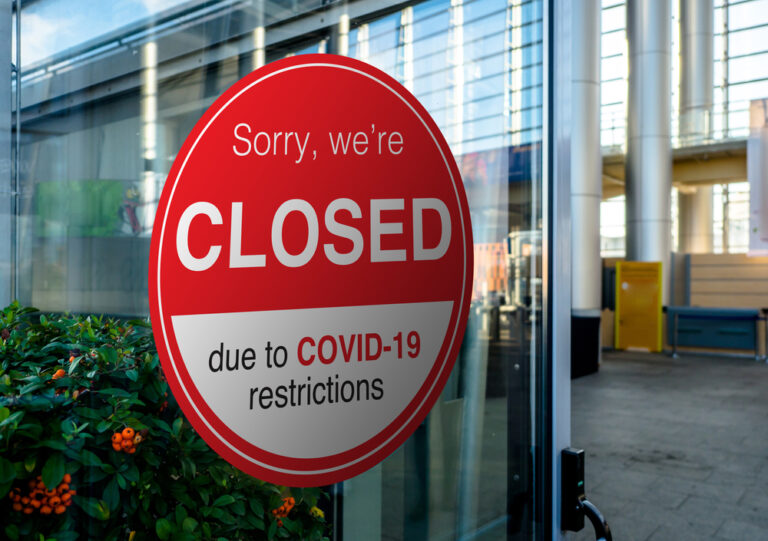On 14 May 2020, a number of legislative changes came into force in NSW as part of the government’s response to the COVID-19 pandemic and the financial difficulties that many industries are facing. The changes affected various sectors, and thankfully, this included protection for property developers who may be struggling to obtain finance for their projects, purchase required building materials, find contractors to undertake the work, or find the time to prepare and lodge appeals. The Long Saad Woodbridge property law team has summarised the key changes below. The legislation that has been amended is the Environmental Planning and Assessment Act 1979 (NSW). The extensions affect 5 main areas, being:
- Extension of Development Consent Period;
- Extension of Deferred Development Consent;
- Extension of Time to Appeal a Development Refusal;
- Extension of Time for an Objector to Appeal;
- Extension of Time for an Existing Use of a Property to be deemed Abandoned.
We have prepared a table for each of these areas, and explained when the extensions apply.
1. Development Consent |
|
|---|---|
| Meaning: These changes affect development consents that are unconditional and not a deferred consent. | |
| When Consent Granted/Lapsed | Extension |
| Lapsed before 25 March 2020 | No extension applies |
| Granted after 25 March 2020 but before 14 May 2020 | Extended to be 5 years from approval date |
| Granted after 14 May 2020 | Extended to be 5 years from approval date |
| Granted before 25 March 2020 and not yet lapsed | Extended by 2 years from the lapsing date |
| Granted before 25 March 2020 and lapsed after 25 March 2020 | Extended by 2 years from the lapsing date |
2. Deferred Development Consent |
|
| Meaning: These changes affect development consents that are deferred on the condition that the developer meets certain requirements of the consenting authority by a lapsing date. | |
| When Consent Granted/Lapsed | Extension |
| Lapsed before 25 March 2020 | No extension applies |
| Granted before 25 March 2020 and Lapsed after 25 March 2020 | Extended by 2 years from the lapsing date |
| Granted after 25 March 2020 but before 14 May 2020 | Extended to be 5 years from the determination date |
| Granted after 14 May 2020 | Extended to be 5 years from the determination date |
| Granted before 25 March 2020 and not yet lapsed | Extended by 2 years from the lapsing date |
3. Appealing a Development Refusal on Merit |
|
| Meaning: These changes apply to developers who wish to appeal a refusal on their development consent application on the merit of the refusal. | |
| When Determination/Refusal Made | Extension |
| For refusals before 25 September 2019 | No extension applies (6 months from the date of determination). |
| For refusals from 25 September 2019 to 25 March 2022 | Extended from 6 months, to 12 months from the date of determination |
4. Objector Appealing A Development Approval |
|
| Meaning: These changes apply to an objector who is appealing a development consent on its merit. | |
| When Determination/Approval Made | Extension |
| For determinations before 26 February 2020 | No extension applies (28 days from the date of determination). |
| For determinations from 26 February 2020 to 25 March 2022 | Extended from 28 days, to 56 months from the date of determination |
5. Extension of Abandonment Period for Existing and Continuing Use Rights |
|
| Meaning: If the existing use of a property is no longer lawful, the existing use is allowed as long as there is no “abandonment” of the existing use of the property. The date for “abandonment” has been extended. | |
| Applicable Period | Extension |
| For use between 25 March 2020 and 25 March 2022 | The lawful and/or existing use of the property is not considered abandoned unless the use is abandoned for 3 continuous years, instead of the previous 12 months. |
If you would like any further information on these changes, or to discuss how we can assist property developers with their projects, please email Dean Woodbridge at dwoodbridge@lswlawyers.com.au or Sam Saad at ssaad@lswlawyers.com.au. Dean and Sam are vastly experienced and highly regarded in the development sector, and they will be able to provide you with personalised advice for your needs and facilitate the legal aspects of your development project.





